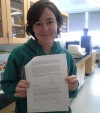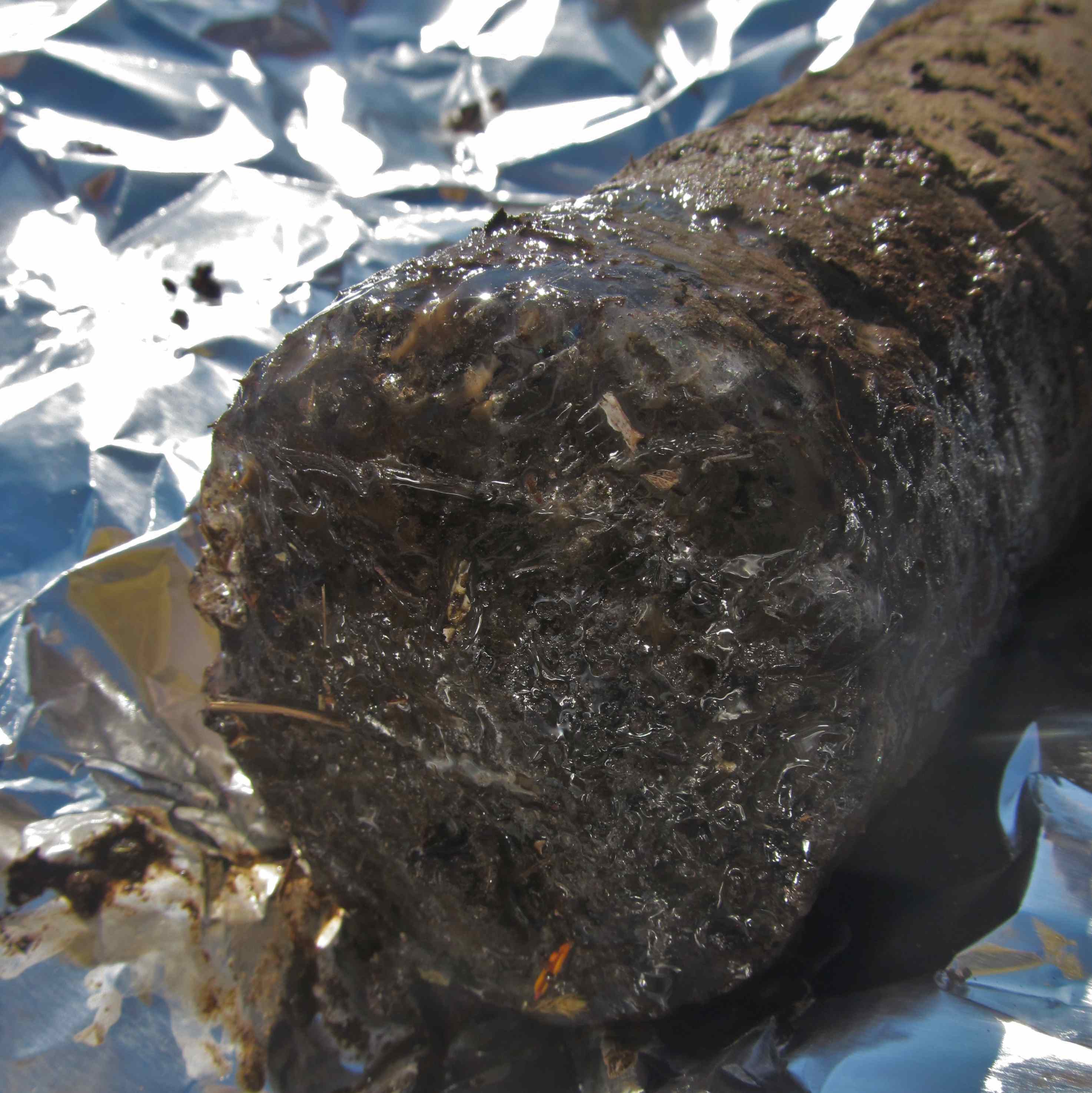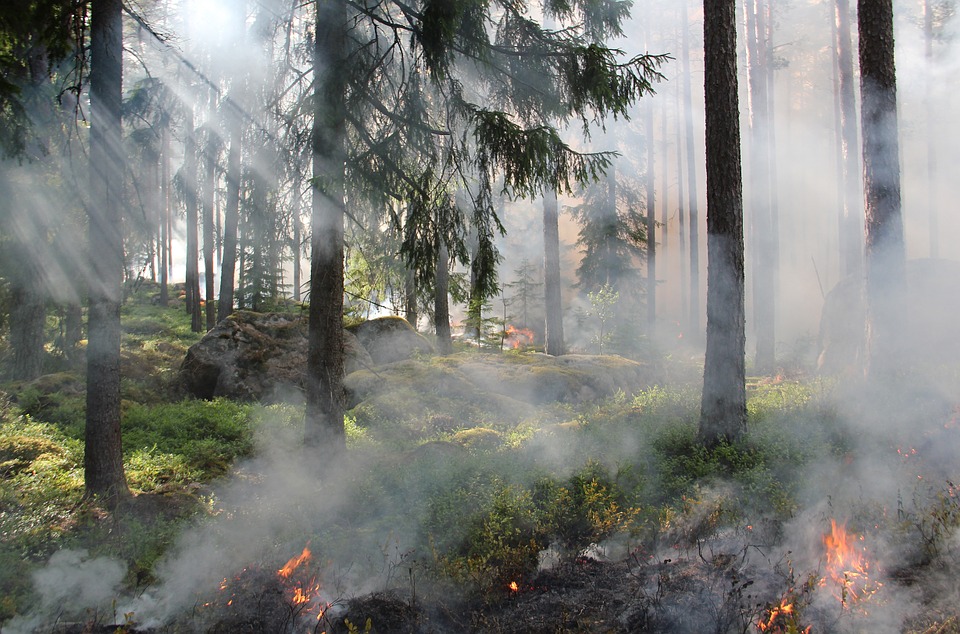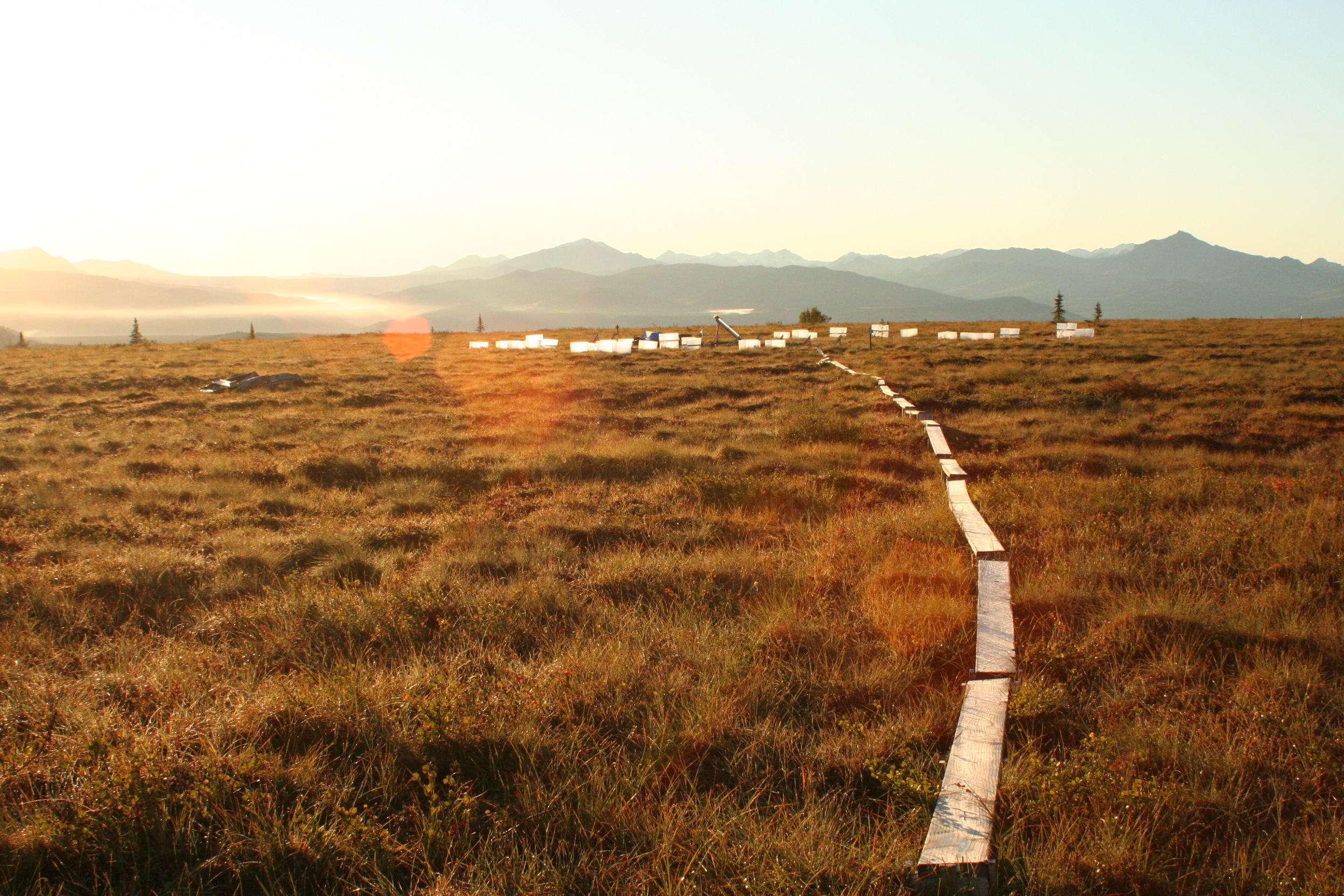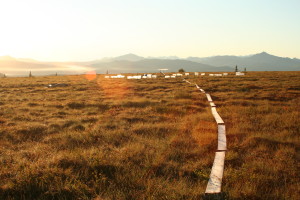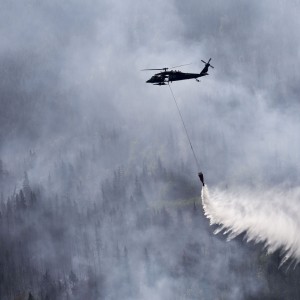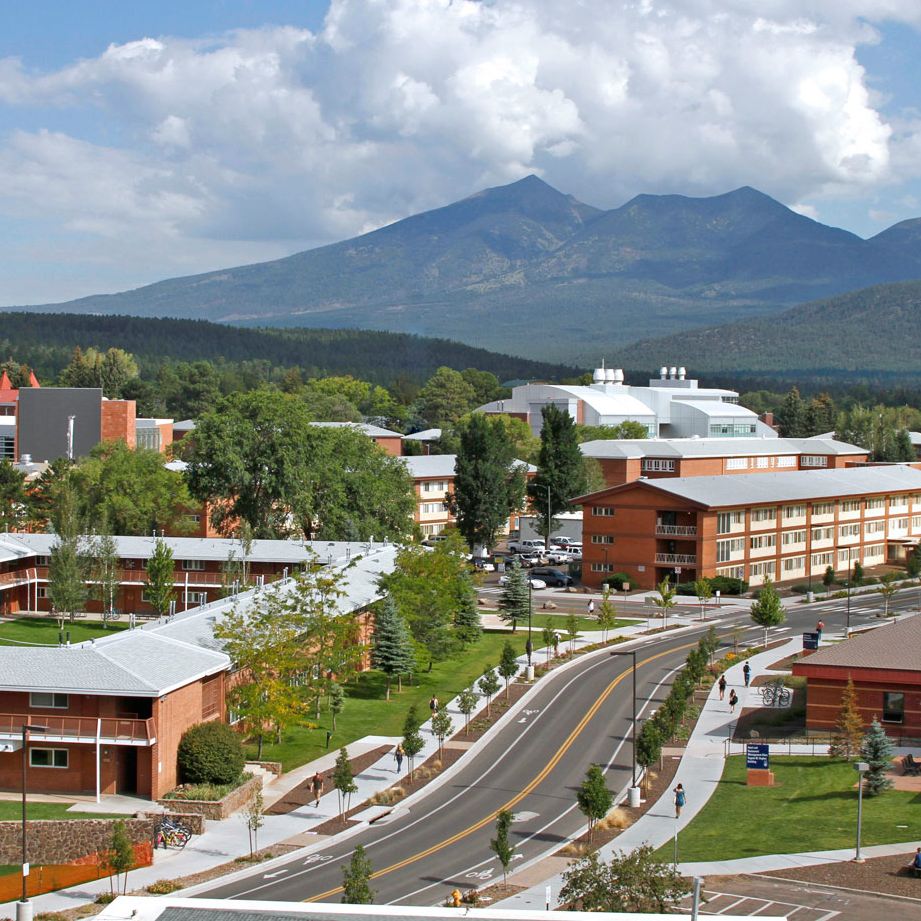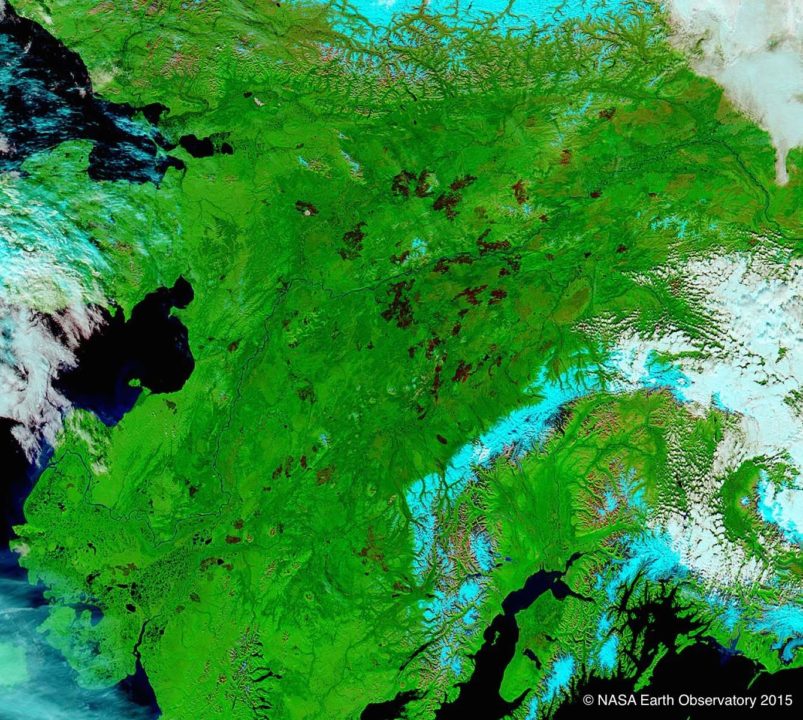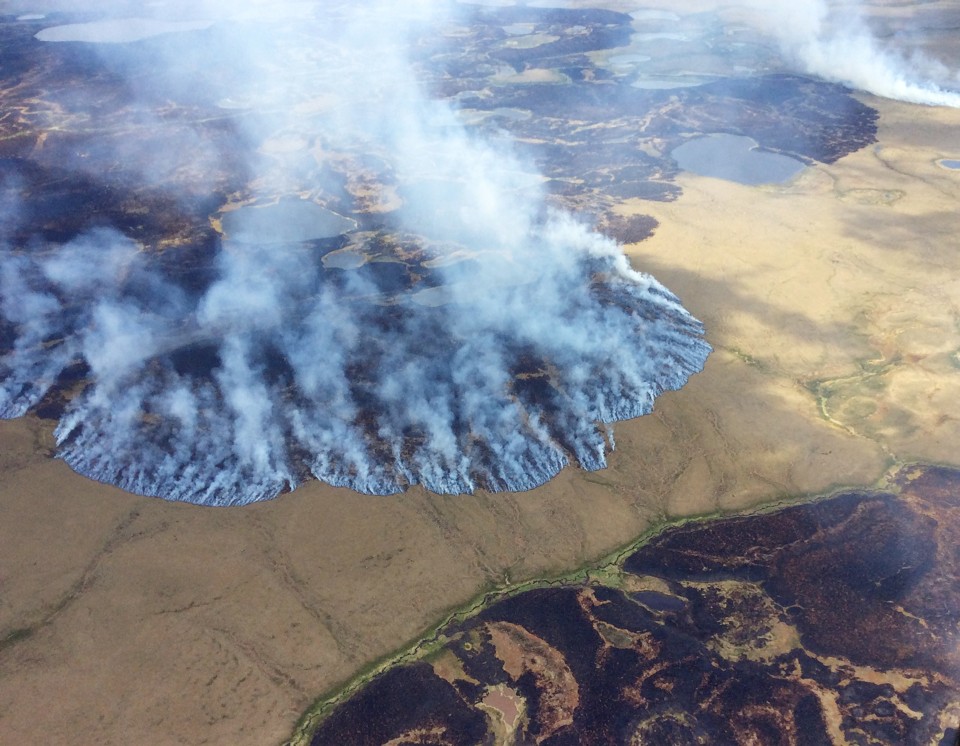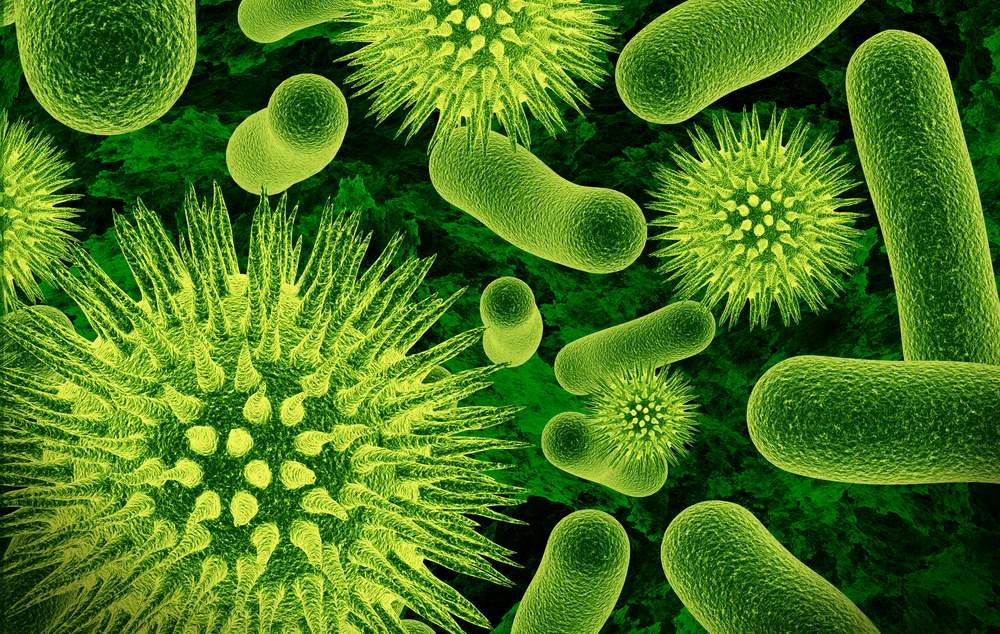Congratulations to Dr Ember Morrissey
Congratulations to Dr. Ember Morrissey, who will begin her new job as Assistant Professor of Environmental Microbiology at West Virginia University in January 2016. Professor Morrissey will join the Division of Plant and Soil Sciences in the Davis College of Agriculture, Natural Resources & Design, where she will continue her cutting-edge Read more…
